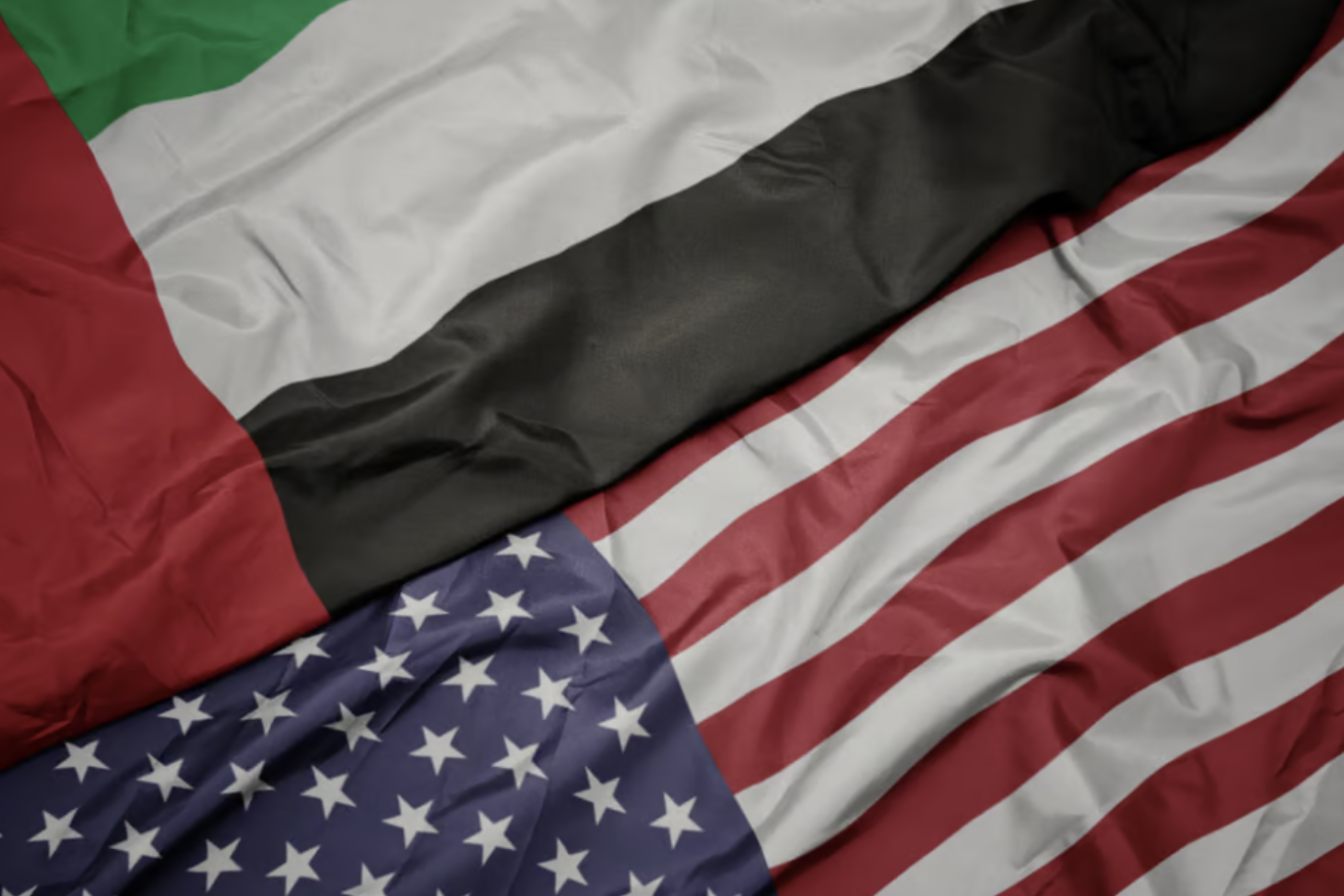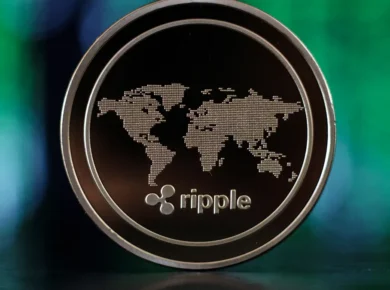UAE-U.S. Trade and Investment Relations Strengthen with 9.47% Growth in 2024
The economic relationship between the United Arab Emirates (UAE) and the United States (U.S.) continues to expand, reflecting the robust trade and investment ties between the two nations. The bilateral merchandise trade between the UAE and the U.S. witnessed a significant growth of 9.47% in 2024, reaching $34.43 billion compared to $31.45 billion in 2023, according to the latest data from the U.S. Department of Commerce. This steady increase underscores the deepening economic collaboration and the shared commitment to fostering prosperity and development.
Strengthening a Strategic Partnership
The UAE and the U.S. have enjoyed a longstanding strategic partnership spanning more than five decades. This collaboration is built on mutual interests across various sectors, including trade, investment, defense, energy, and technology. Over the years, both nations have consistently worked towards strengthening their ties through high-level engagements and economic initiatives.
A key milestone in reinforcing this relationship was the recent visit of H.H. Sheikh Tahnoon bin Zayed Al Nahyan, Deputy Ruler of Abu Dhabi and National Security Adviser, to the U.S. During his visit, Sheikh Tahnoon met with several U.S. officials at the White House, engaging in discussions aimed at advancing economic and technological cooperation. The meetings also covered regional security challenges, further solidifying the decades-long U.S.-UAE partnership.
Expanding Trade and Investment Ties
The UAE remains one of the U.S.’s most vital regional and global economic partners. In addition to the impressive growth in merchandise trade, the overall bilateral trade volume, excluding oil, is approaching $40 billion. The UAE’s investments in the U.S. have also been a key factor in strengthening economic relations. Between 2018 and 2023, the UAE invested approximately $3.7 billion in various sectors in the U.S., further emphasizing its commitment to economic collaboration.
The trade relationship between the two nations extends beyond just merchandise exchange. It encompasses a wide range of industries, including aerospace, healthcare, information technology, renewable energy, and financial services. American businesses continue to see the UAE as a gateway to the broader Middle East and North Africa (MENA) region, leveraging its strategic location, world-class infrastructure, and business-friendly environment.
Key Sectors Driving Bilateral Trade
Several key industries have contributed to the growth of UAE-U.S. trade, including:
- Aerospace and Defense: The UAE is one of the largest importers of U.S. aerospace and defense equipment. Companies such as Boeing and Lockheed Martin have longstanding partnerships with UAE entities, supporting aviation and security needs.
- Technology and Innovation: The U.S. remains a leading partner in the UAE’s technological advancement, with American firms investing in artificial intelligence, cybersecurity, and cloud computing. The UAE, in turn, has been investing in U.S.-based tech startups and innovation-driven enterprises.
- Renewable Energy and Sustainability: With its commitment to clean energy and sustainability, the UAE has partnered with U.S. firms on renewable energy projects, including solar and hydrogen energy initiatives.
- Healthcare and Pharmaceuticals: The UAE has increased its imports of U.S. medical equipment and pharmaceuticals, enhancing its healthcare sector and fostering collaborations with American healthcare providers and research institutions.
- Financial Services and Investments: The UAE’s sovereign wealth funds and private investors continue to allocate significant capital to U.S. markets, contributing to various sectors such as real estate, technology, and infrastructure development.
The Path Forward
Looking ahead, the UAE and the U.S. are expected to continue expanding their trade and investment relationship through new initiatives and strategic agreements. Both governments have been working on strengthening trade policies, reducing barriers, and fostering innovation-led growth.
The UAE’s proactive approach to economic diversification aligns with the U.S.’s interest in deepening cooperation in key sectors. The Comprehensive Economic Partnership Agreements (CEPAs) that the UAE has been negotiating with various countries also complement its trade engagement with the U.S., ensuring a more dynamic and resilient trade ecosystem.
Furthermore, as global economic dynamics evolve, the UAE and the U.S. are likely to explore new opportunities in digital transformation, artificial intelligence, and climate action. The two countries have already collaborated on global sustainability initiatives, including commitments to reducing carbon emissions and investing in green technologies.
Conclusion
The UAE-U.S. trade and investment partnership remains one of the most dynamic and strategically significant relationships in the global economy. The 9.47% increase in merchandise trade in 2024 highlights the strength of their economic ties and mutual commitment to growth and innovation. With sustained high-level engagements, investment flows, and sectoral collaborations, the UAE and the U.S. are well-positioned to further enhance their partnership, driving economic prosperity for both nations.





